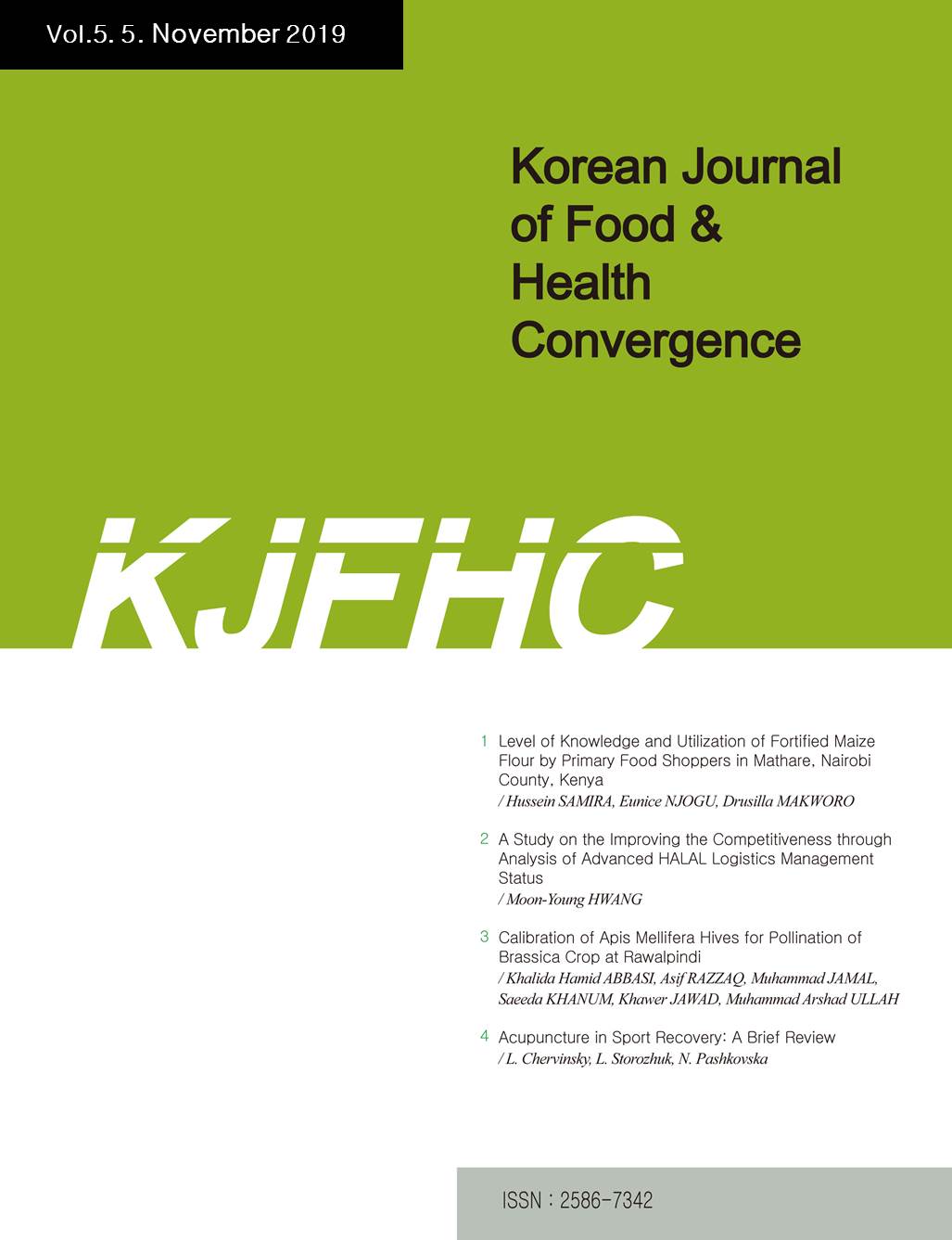- 권한신청
- E-ISSN2586-7342
- KCI
Types of Subjective Perceptions of Suicide among Young People in Their 20s and 30s
Types of Subjective Perceptions of Suicide among Young People in Their 20s and 30s*
Young-Sun LEE (Chosun University)
Se-Hui KIM (Chosun University)
Abstract
Purpose: This study aims to categorize the subjective perception of suicide of young social workers in their 20s and 30s, and to explore the factors constituting each type, and used the Q methodology. Research design, Research method: As a research method, the Q population was derived through in-depth interviews and literature research, and the final 23 Q statements were confirmed. Next, 30 social workers in their 20s and 30s were classified by normal distribution on a 7-point scale as a P sample. The collected data were analyzed using the QUANL-PC program. Result: As a result of the analysis, four types were extracted, and there were no affirmative statements commonly cited in all types, and the opposite statement is 'if someone wants to commit suicide, it is the person's job and should not interfere'. Types 4 named suicide as 'unacceptable social problem', 'signal of a request for help, relief of severe pain, and 'impulsive mistake', respectively. Conclusion: Based on this result, the elements constituting the perception of each type were analyzed, and the need for access strategies for each type of suicide prevention education and campaign, and follow-up research were suggested.
- keywords
- Perception of Suicide, Subjective Perception, Q-methodology, Young Generation, Suicide
- 투고일Submission Date
- 2024-04-22
- 수정일Revised Date
- 2024-05-29
- 게재확정일Accepted Date
- 2024-06-05
- 다운로드 수
- 조회수
- 0KCI 피인용수
- 0WOS 피인용수


